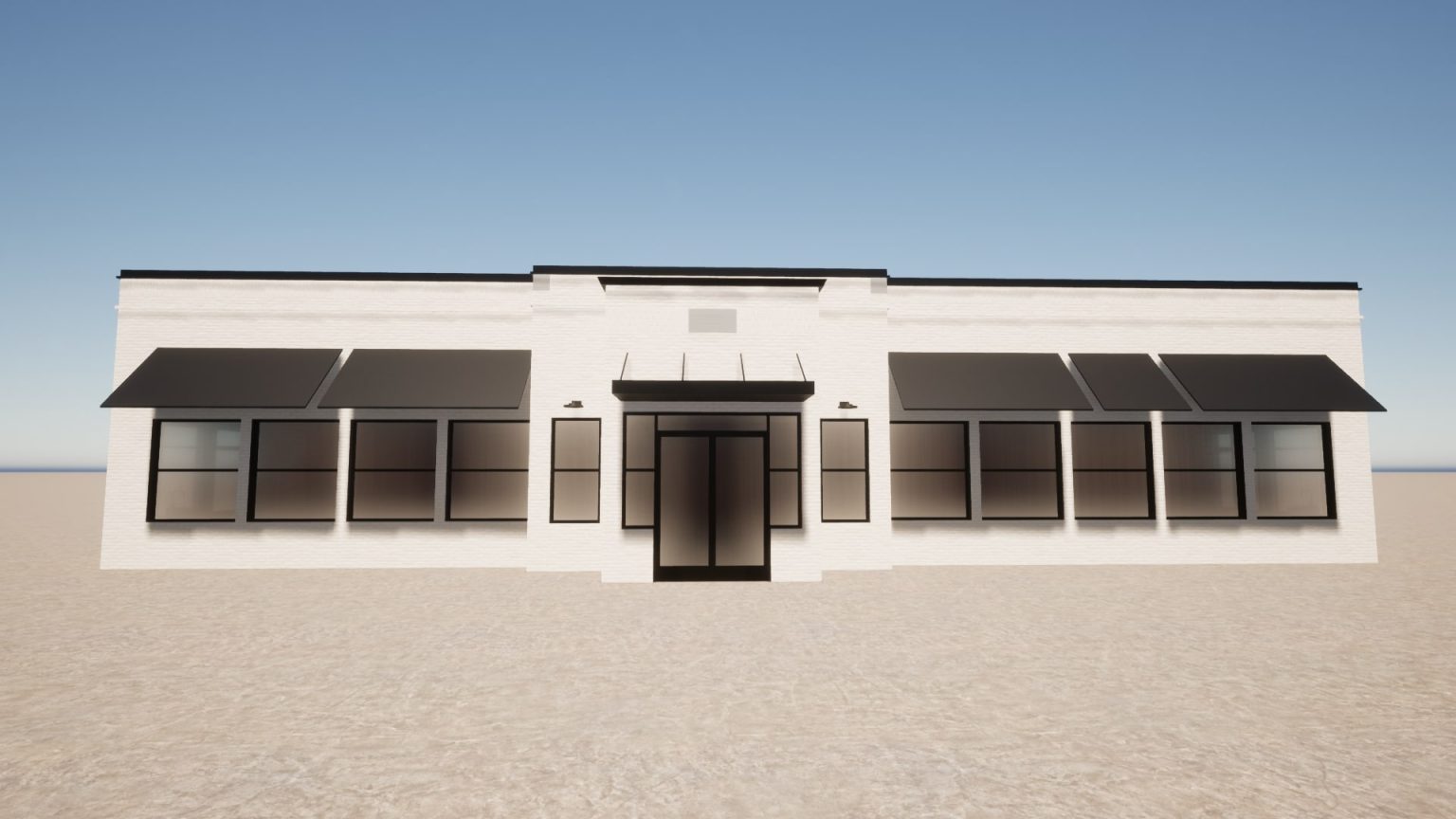Modern Salon Studios: Elevate Your Service Space
Strategic Choices: Considering the Benefit of Renting Out Versus Owning a Salon Room to Enhance Long-Term Success and Financial Practicality
When it comes to developing a salon organization, one of the essential decisions that proprietors must meticulously consider is whether to lease or own the area in which they run. The choice in between renting and having a salon area can have a substantial influence on the long-lasting success and economic health of business. Factors such as functional adaptability, monetary effects, and financial investment potential play an important function in this calculated decision-making procedure. By discovering the benefits and downsides of each choice, beauty salon proprietors can make enlightened selections that align with their service objectives and desires.

Benefits And Drawbacks of Renting Out
When thinking about the choice in between leasing a hair salon space or possessing one, it is vital to evaluate the pros and cons of renting out to make an enlightened selection. One key advantage of renting a beauty salon space is the flexibility it provides. Leasing allows hair salon owners to examine various locations or high end their service without the commitment of a long-lasting home mortgage. In addition, leasing generally includes fewer upfront prices, making it a more available alternative for brand-new beauty parlor owners or those with budget plan restraints.

Financial Factors to Think About

Taking into consideration the financial implications of leasing a salon room versus owning one is vital for making a knowledgeable business decision. When assessing the financial aspects, it is important to assess the preliminary expenses connected with each choice. Leasing a salon area typically requires a security down payment and month-to-month rent settlements, whereas owning involves a deposit, home loan payments, home taxes, and upkeep expenditures.
Moreover, the lasting financial implications differ in between renting out and owning. Renting out gives versatility yet may result in higher advancing expenses with time due to rental increases. On the various other hand, having a hair salon space supplies potential equity growth and the chance to construct assets. It is very important to carry out a cost-benefit analysis to figure out which option straightens finest with your monetary objectives and business approach.
Furthermore, take into consideration the influence on cash flow and profitability. Leasing might offer reduced ahead of time costs, allowing you to allot more resources to marketing and service growth. On the other hand, owning requires a substantial initial financial investment yet may result in set you back financial savings in the lengthy run. Reviewing these economic variables thoroughly will aid you make a site here strategic choice that maximizes your salon's long-term success and monetary viability.
Functional Flexibility and Control
Ideal operational efficiency plays a vital role in establishing the balance in between versatility and control when deciding between leasing and owning a salon room. Renting a beauty salon room provides intrinsic adaptability as it allows for less complicated modifications to altering market conditions, customer choices, or service requirements.
On the various other hand, possessing a salon room supplies a better feeling of control over the residential or commercial property and its operations. Owners have the freedom to tailor the space to their taste, apply long-term strategies without the danger of lease terminations, and potentially build equity over time. Possession also comes with obligations such as home upkeep, insurance, and building tax obligations, which can affect the overall economic commitment.
Ultimately, the decision between leasing and possessing must think about the desired level of why not try these out functional adaptability and control that lines up with the beauty salon's lasting goals and vision.
Investment Potential in Ownership
Given the functional considerations reviewed earlier, discovering the investment possibility in beauty salon ownership loses light on the monetary implications and long-lasting benefits that come with owning a beauty salon space. Beauty salon ownership offers a special chance for entrepreneurs to develop equity and possessions gradually. By buying a salon area, proprietors have the prospective to take advantage of property gratitude, which can function as a useful property in the long run. In addition, owning a beauty salon supplies security in regards to set home loan settlements, offering predictability in financial preparation contrasted to fluctuating rental rates.
Additionally, ownership permits better control over the area, allowing owners to customize and tailor the beauty parlor to their particular brand and vision without the restrictions commonly enforced by property managers. This level of control can boost the overall client experience and brand name identity, potentially check my site leading to raised customer retention and service development.
In terms of financial investment possibility, having a beauty parlor area can also open up chances for extra earnings streams, such as renting unused space to other beauty experts or including retail sales within the beauty salon. Salon studios. These varied earnings sources can contribute to the overall financial wellness and sustainability of the company
Long-Term Stability and Growth
With an emphasis on sustainability and growth with time, establishing lasting security and cultivating growth are essential facets of beauty parlor possession. To ensure long-lasting security, salon owners have to carefully think about aspects such as location, market trends, and economic planning. Selecting between leasing and owning a beauty salon room plays a substantial duty in determining business's growth capacity.
Renting a hair salon space supplies versatility and reduced first expenses, enabling proprietors to assign resources in the direction of improving services and advertising and marketing efforts. Long-lasting rental expenses can impact earnings and restrict the ability to construct equity in the building. On the various other hand, having a beauty salon space provides stability through fixed mortgage payments and the possibility for residential property appreciation. By possessing the space, hair salon proprietors have even more control over personalizing the residential property to fit their brand name and can profit from long-lasting property development.
Eventually, the decision between leasing and possessing a beauty parlor space ought to line up with the proprietor's lasting business goals and financial objectives. Whether prioritizing flexibility or equity building, a critical approach to property possession can dramatically affect the hair salon's security and development trajectory.
Verdict
In verdict, the decision in between renting out and having a beauty salon room calls for a mindful analysis of monetary variables, operational flexibility, investment possibility, and lasting security. Both choices come with their very own collection of advantages and downsides, and it is important for beauty salon owners to consider these variables to enhance long-term success and economic practicality. Barbershop. Inevitably, the selection between renting out and having ought to be based on a thorough evaluation of individual business objectives and scenarios